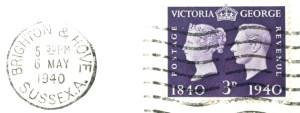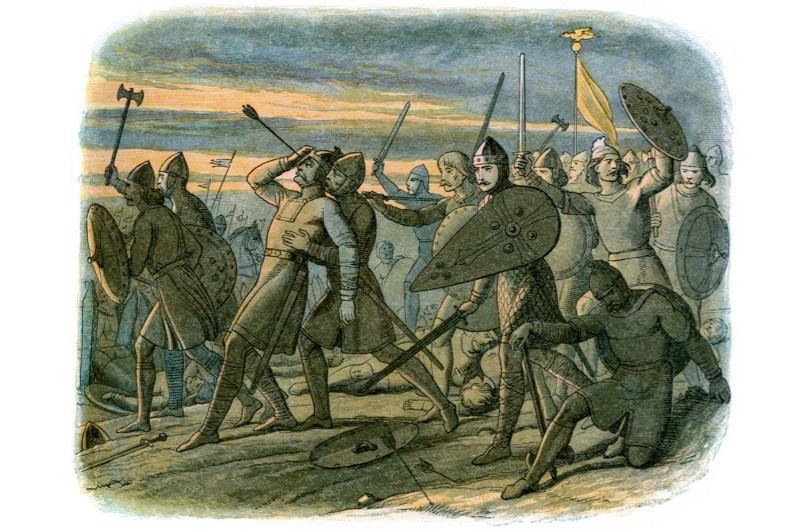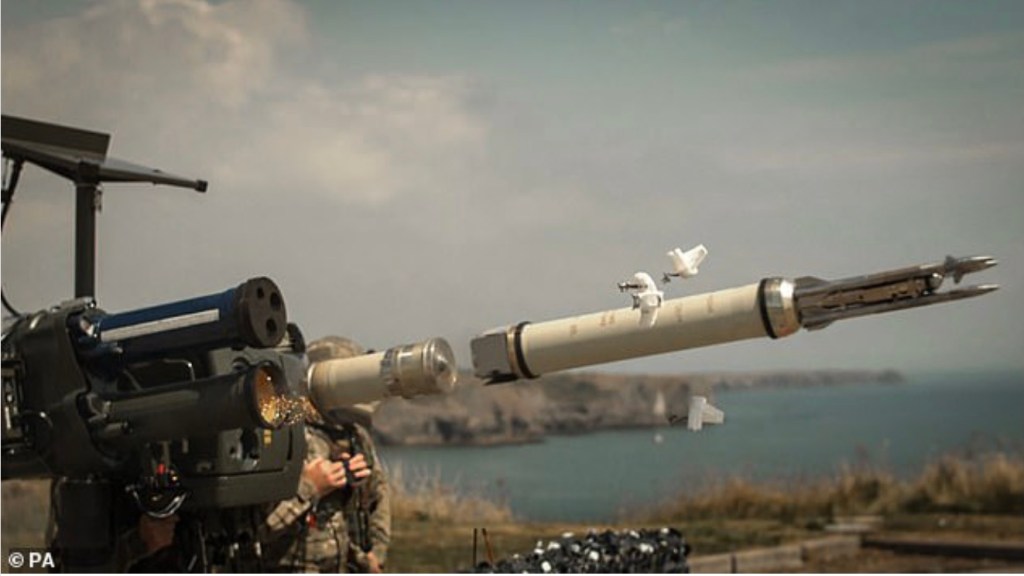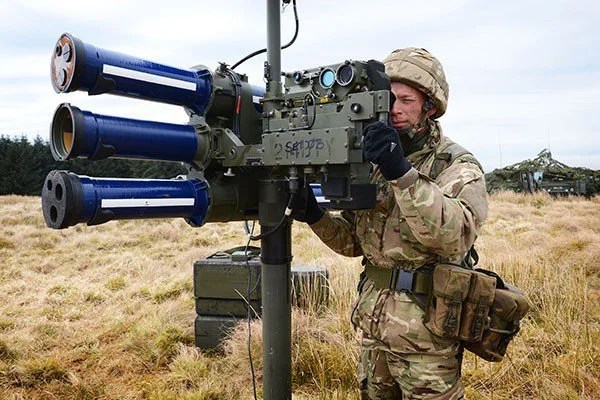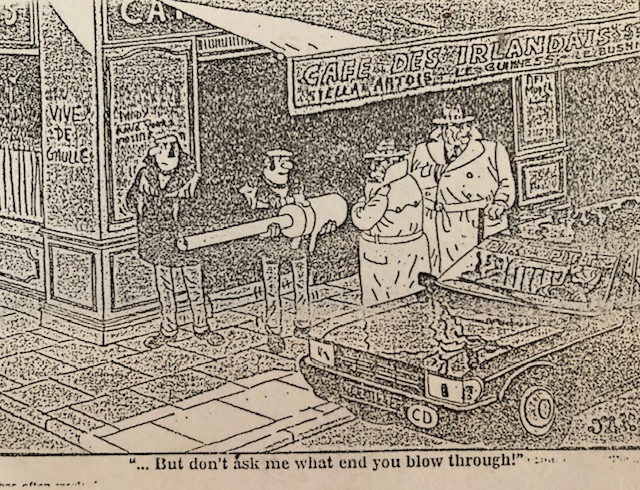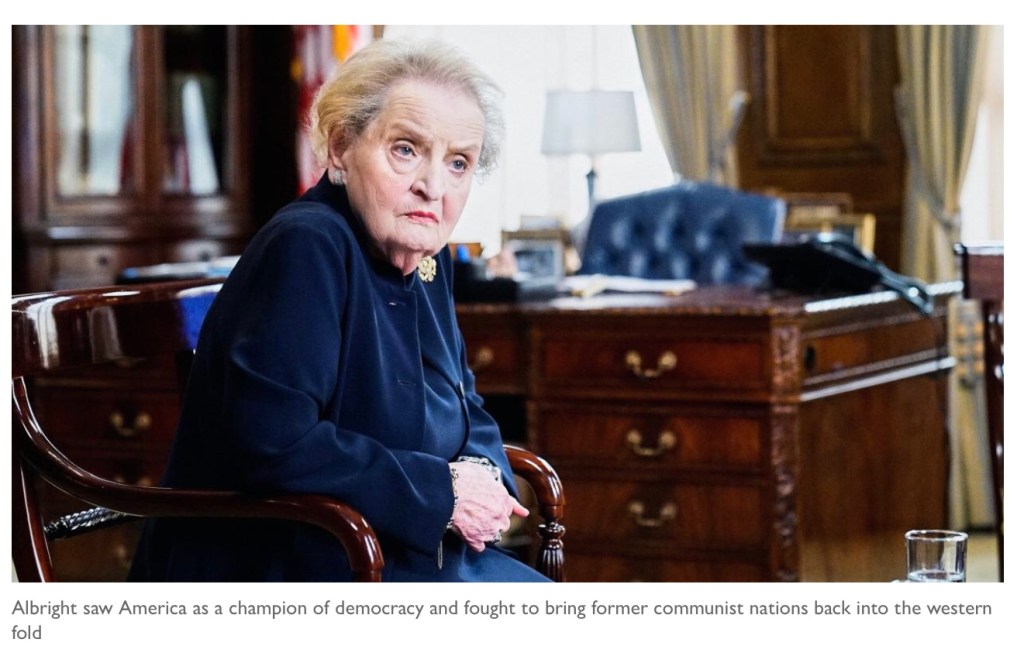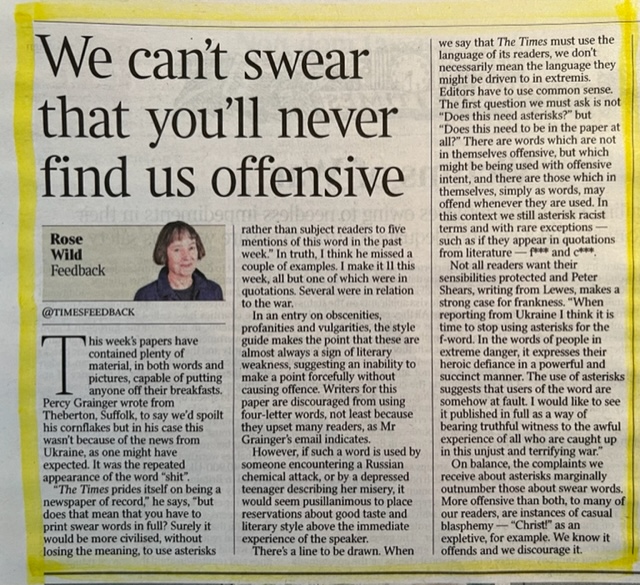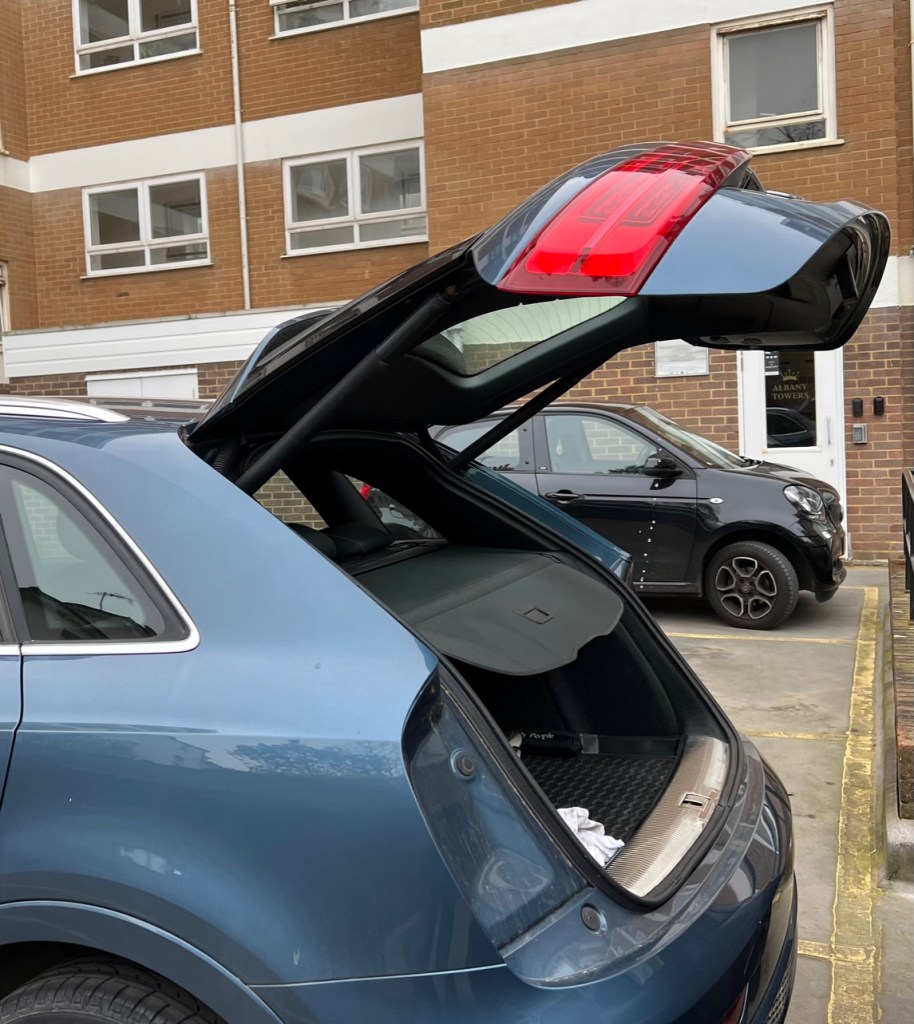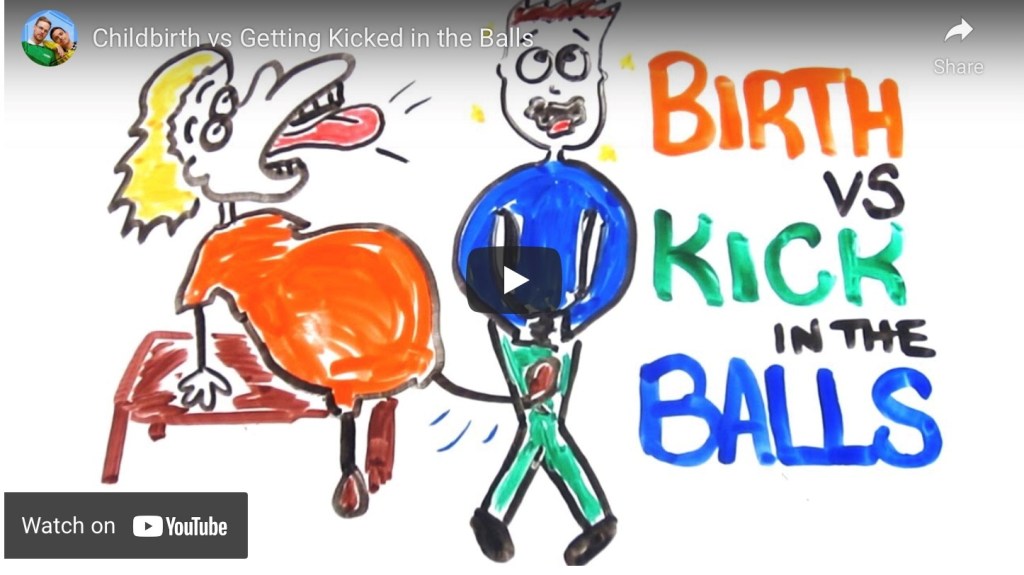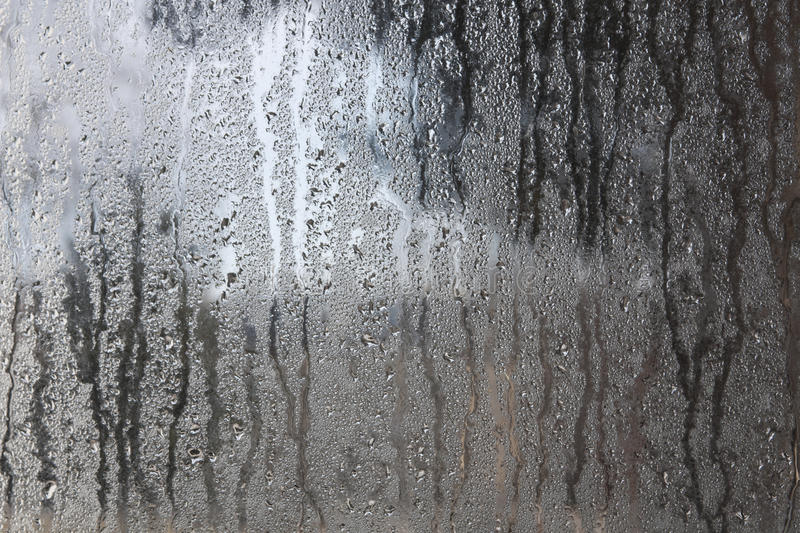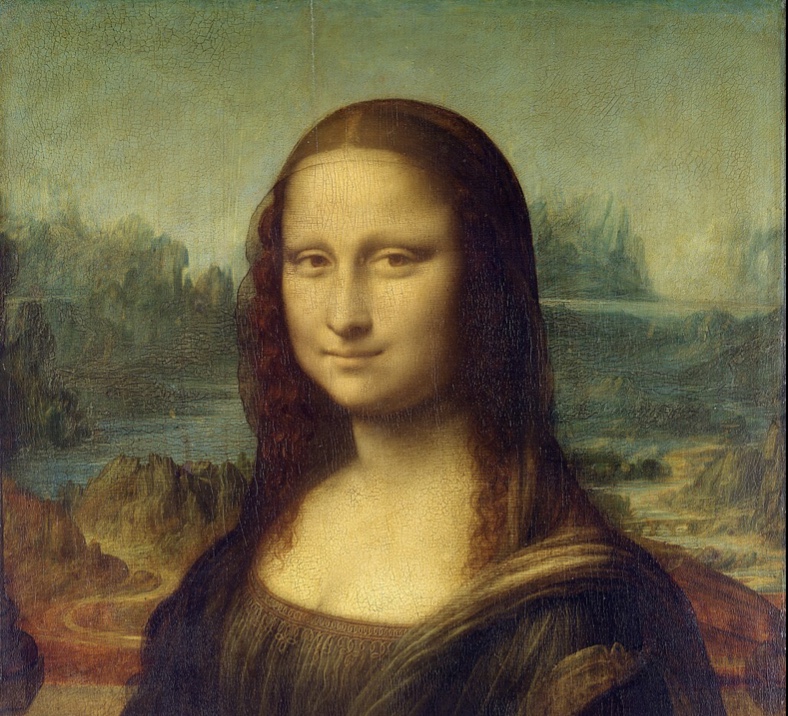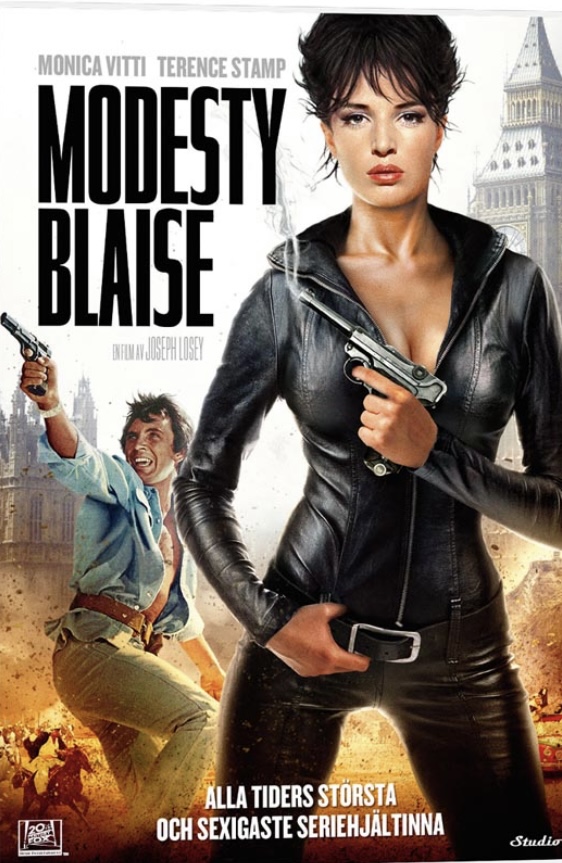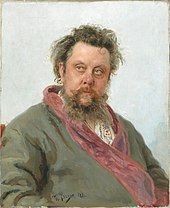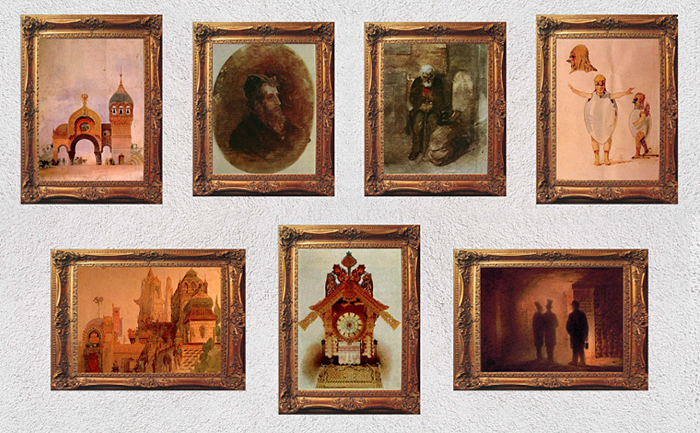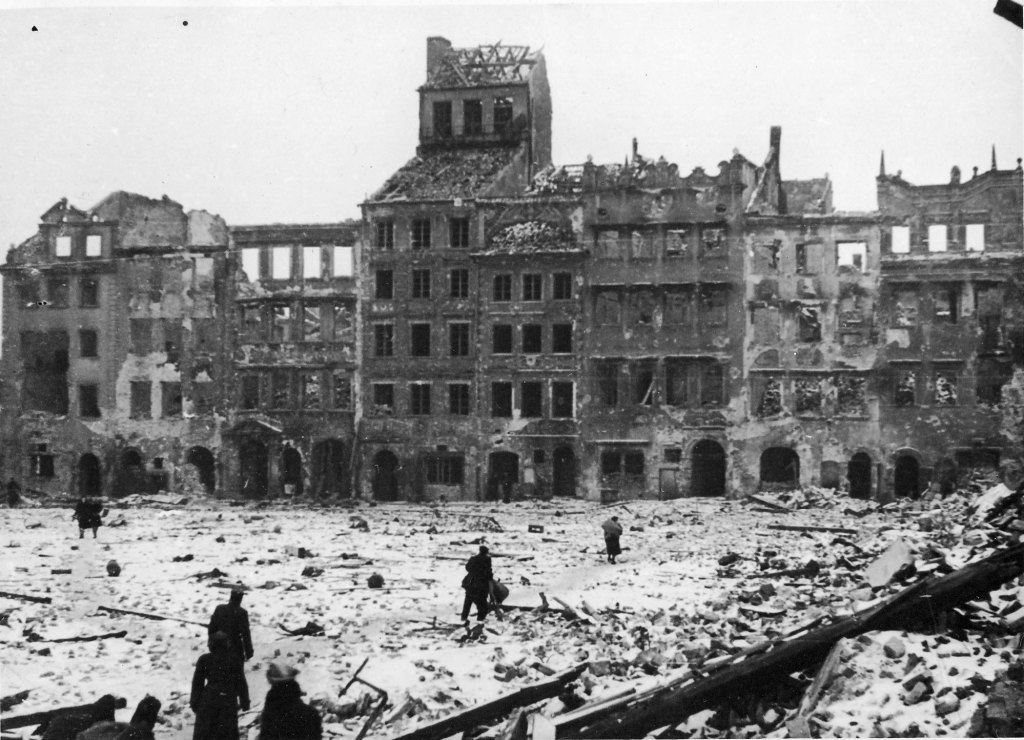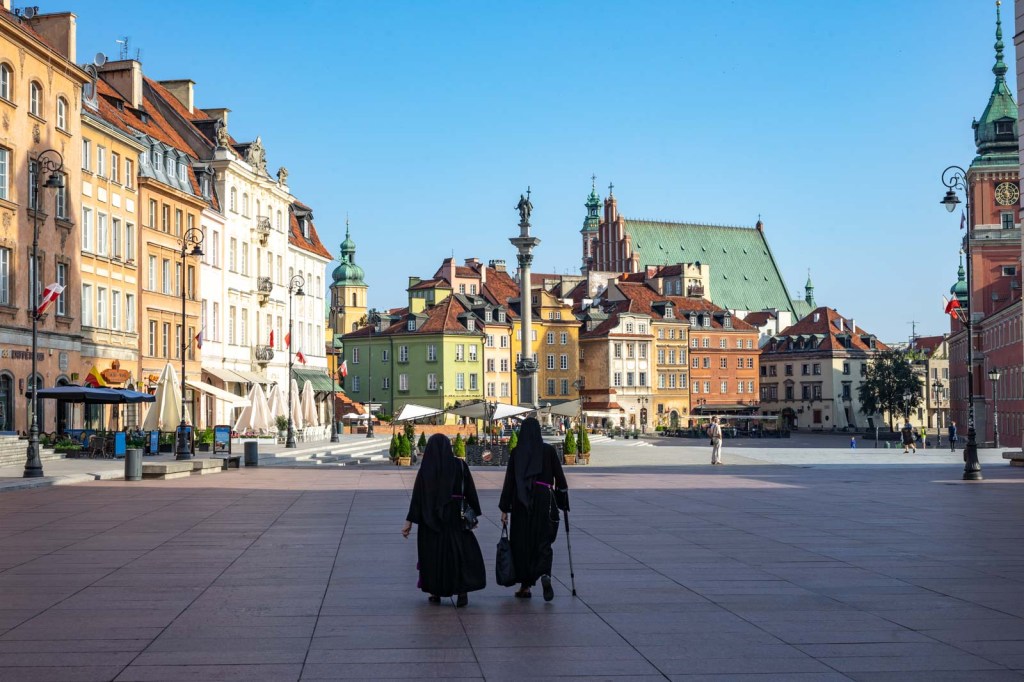My sensitivity to the one organ of the body without which we can’t live will become apparent in due course. But first let me explain why I needed to scribble something; ‘needed’ as in ‘have to’!
I enjoy a wide variety of programmes broadcast on television, from The Repair Shop (see PC 274 Tick Tock March 2022) through all sorts of films and drama series to Grand Designs, a programme of 22 Series, each of nine episodes, featuring individuals building their own ‘grand design’ house. I have seen many of these and feel there are two issues common to every programme; all builds go over budget and every woman client gets pregnant during the construction!
Sorry! I digress. Recently we have loved the final series of the BBC drama The Split about the lives and loves of a family law firm in London (Note 1). Of course these days if you get hooked early on you can use BBC iPlayer and watch the rest one after the other. It used to be that ‘to binge’ meant a period of excessive indulgence in an activity, especially eating, drinking or taking drugs. Nowadays you could add ‘binge watch’ to describe seeing every episode one after the other, being impatient with the TV scheduling! And this is not to say that the original binge activities are not mutually exclusive from each other and this new meaning.

If you haven’t seen The Split, here comes what’s known as a ‘spoiler alert’. I remember my grandmother betting on the football pools and the television announcer giving the day’s results saying: “If you don’t want to know the result, look away now.” (Note 2) In this final series, at the end of episode one, James is knocked off his bike and killed. The writer Abi Morgan writes: “To kill a much-loved character is always hard but I felt in a way this was the arc of his journey. One of the last things he says to his wife is ‘I don’t want to miss life, Rose.’ I thought if that’s what the audience is left with then what an amazing gift to have left everybody.” Not quite sure I understand this but I am not a writer of dramas so the nuance may be lost on me?
For me the issue is a more basic one, about his heart. Prompted by a shortage of people opting to allow their organs to be transplanted to help someone else, the law in England changed in May 2020. Now it is considered that you agree to become an organ donor when you die, providing you are over 18, have not opted out (still an option) or are not in an excluded group. Other countries may have different rules. I suspect we have all thought about being a volunteer organ donor and just never got around to it; now you don’t have to think about it!! Phew! All the details are found at www.organdonation.nhs.uk. Being reasonably young, James’s heart was a good organ for transplanting and it was placed in the chest of other chap; let’s call him Andy. All good and nothing for me to get incredulous about. Over the ensuing months Rose his widow comes to terms with James’ death and agrees with a counsellor that she’s ready to meet the chap in whose body her husband’s heart pumps.
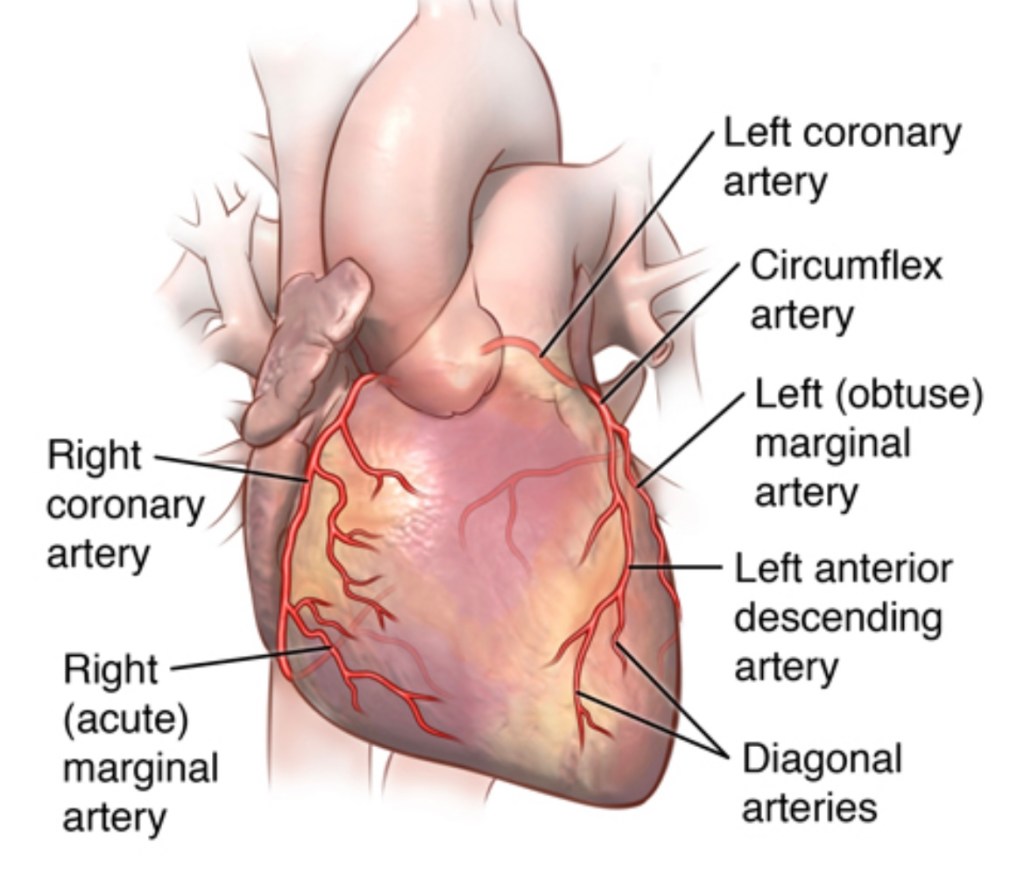
She arranges to visit Andy and his wife at teatime. After the initial hugs and expressions of ‘heart-felt’(!) gratitude we get to the bit where for me time stopped. Rose just happens to have a stethoscope in her bag and, with Andy’s obvious consent, places the pad on his chest, over his heart. The only sound one hears is the regular beat of a healthy heart. But this is James’ heart, sorry, no, it’s now Andy’s – but Rose has heard it beating before no doubt, maybe lying with her face across James’ chest after an afternoon’s romantic country picnic. The turmoil of emotions she must feel were transmitted to us, the audience, well to me certainly. I can think of recipients of kidneys, bits of liver or bone marrow and I’m unaffected, but to personally listen to a sound you have known in another body is just so weird. Sorry rant over!
My sensitivity to the heart started in 2013 when I went to my GP with irregular chest pains. An ECG was followed by an Angiogram that found a reduction in the diameter of the main artery of some 80%. So the heart was fine, the piping needed replacing; a triple bypass sorted it out (Note 3). But I could have joined the 60,000 people in the UK who have a heart attack every year, away from hospital – of whom 5% survive!! I could have been one of those 57,000 – I could have died! Lucky, huh! Physically I feel fantastic and manage my five hot yoga sessions a week with ease, but there is this little piece of memory that keeps me smiling; put simply, I might not have been here. Today I went down to the beach, to look at the calm sea; (we have high pressure!) Did it make any difference that I was still here, that I hadn’t died? Would nature notice my absence? The sun will surely rise tomorrow, whether I’m here or not; funny thing, life.
Richard 29th April 2022
http://www.postcardscribbles.co.uk
PS In PC 278 Unintended Consequences I wrote how us chaps must take care of our crown jewels. Jeremy Clarkson, writing in the Sunday Times on Easter Sunday, two days later, about his home gym, said this: “…… after a few seconds the pedal fell off the bicycle, which caused my testes to slump heavily onto the saddle. So I had to spend the next ten minutes uncrossing my eyes and ….”!
Note 1. The issues covered included a long con artist, early pregnancy, an affair which is further complicated by a pregnancy, a divorce, a marriage and an unrealistic love affair. Exhaustingly busy!!
Note 2 This could have been Manchester United 1 Brighton & Hove Albion 3 – but maybe in my dreams?
Note 3. The human heart is about the size of a fist. For the new pipework the surgeon, or maybe one of his minions, took a vein from a leg. My left leg has a scar from mid-thigh to my ankle, some 65 centimetres of vein, to replace three pieces 8cms long??????
